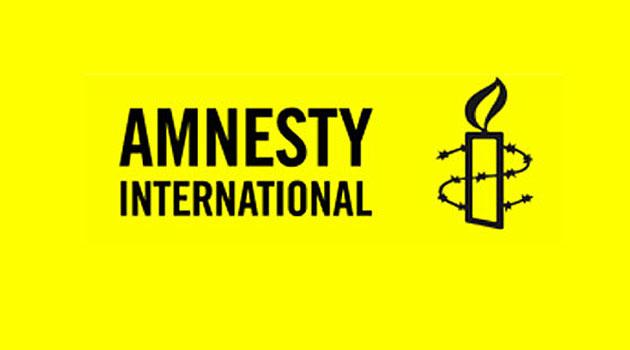Amnesty International: Just 10 countries handle most of the world's refugees, wealthiest doing the least

According to a report published today by the human rights organization Amnesty International, the burden of the global refugee crisis on various countries is disproportionately distributed, with most of the world’s refugees living in just 10 states. The report called on wealthy states to increase the aid they are providing and to receive the number of refugees that corresponds to their capacity to provide protection.
The fighting in Afghanistan, Burundi, South Sudan and Syria, according to data from the United Nations High Commissioner for Refugees (UNHCR), has increased the number of refugees in the world this year to a record 21.3 million. Of the refugees recognized by the UNHCR, 58 % have found shelter in just 10 countries.
Those countries are Chad, the Democratic Republic of Congo, Ethiopia, Iran, Jordan, Kenya, Lebanon, Pakistan, Turkey and Uganda. “The responsibility to protect refugees is very unequally distributed,” UNHCR spokesperson William Spindler said.
Amnesty’s report notes that it is precisely the unequal distribution of the burden represented by these millions of human beings that is worsening the refugee crisis. Most of the host countries handling most of the refugees belong to some of the most impoverished countries in the world and do not have enough funding to take care of the refugees whom they have received.
Many asylum-seekers therefore, whether they want to or not, set off on the dangerous journey to either Australia or Europe in order to survive.”Children are not being educated, people do not have enough food,” said Audrey Gaughran, Amnesty International’s director for global issues.
The current situation, in Gaughran’s view, is “unjust and unsustainable”. Amnesty is calling on wealthy countries to receive more refugees on the basis of their ability to provide them with aid.
“The problem is not the number of refugees in the world, but that many of the wealthiest countries receive the fewest number of them and only do the minimum for them,” said Amnesty’s Secretary-General, Salil Shetty. “If each of the wealthiest countries in the world were to receive the number of refugees that corresponds to its geographic size, level of unemployment, and wealth, finding a home for most refugees would become a solvable challenge.”
